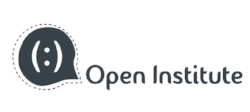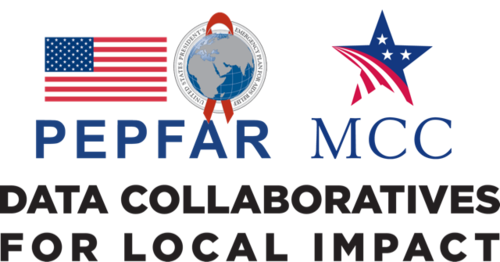The data roadmaps for sustainable development process seeks to address the data challenges and opportunities at both the national and subnational levels. How the SDGs are applied at more local levels to drive decision-making and impact, and how local level impacts and challenges further inform the national process is an important dynamic to consider to successfully implement against the SDGs taking into account leaving no one behind.
The Open Institute is supporting the development of this module by providing practical guidelines for subnational level jurisdictions (province, district, county, etc.) and subnational level organizations on the process of leveraging the data revolution to identify local level priorities and needs, especially those resulting in progress towards the SDGs. It will also provide practical guidelines for multi-stakeholder approaches to developing data for the SDGs as well as iterating the data and using them to stimulate decision-making, action and monitoring.
This initial module is designed based on the experiences and lessons learned from the Open Institute’s Global Goals for Local Impact project. It also draws from partnerships on community deep-dives into some of the SDGs - specifically SDG 1 in partnership with Development Initiatives and SDG 5 in partnership with CIVICUS.
CONTACT INFORMATION
For further information please contact [email protected]
Related Resources
Tool Name: Sabasi
Purpose: Sabasi Application is a data collection tool developed by the Open Institute. This project is still in its initial stages. In future, this application is intended to simplify the collection of data using mobile smart phones and improve availability of data especially in Africa.
Tool Name: Community Dashboard
Purpose: The purpose of this dashboard was to digitally display community generated data for use by public administrators at local level and their stakeholders
Relevant Links
- Template: Community Household Questionnaire
- Community Household Questionnaire Questionnaire Data Entry Form
- Community Introduction to SDGs
- Introduction to Data
- Roadmap
- Template: Subnational Administrator Readiness Assessment
- Template: Lanet Community Data Collection Questionnaire
DEVELOPED BY

FUNDED BY
The United States President’s Emergency Plan for AIDS Relief (PEPFAR) and the Millennium Challenge Corporation (MCC) have partnered to support innovative approaches to ensure evidence-based decision-making for programs and policies that address HIV/AIDS, global health, gender equality and economic growth in Sub-Saharan Africa. In April 2015, the $21.8 million “Data Collaboratives for Local Impact” (DCLI) program was launched and the first projects are underway in Tanzania. These projects are funded by PEPFAR and are being implemented by MCC.

The Data Collaborative for Local Impact (DCLI) model hinges on four interconnected investments that together address the root causes of insufficient and ineffective use of data by country-level stakeholders and strengthen the overall data ecosystem. These are:
dLab: Promoting innovation and data literacy through a premier center of excellence.
DLI Innovation Challenge: Identifying, networking and supporting youth and entrepreneurs to create data-driven innovations for real life problems.
Data Zetu: Making data meaningful and accessible to spark citizen action at the community level.
Global Partnership for Sustainable Development Data: Strengthening data-driven decision making to achieve the SDGs.


